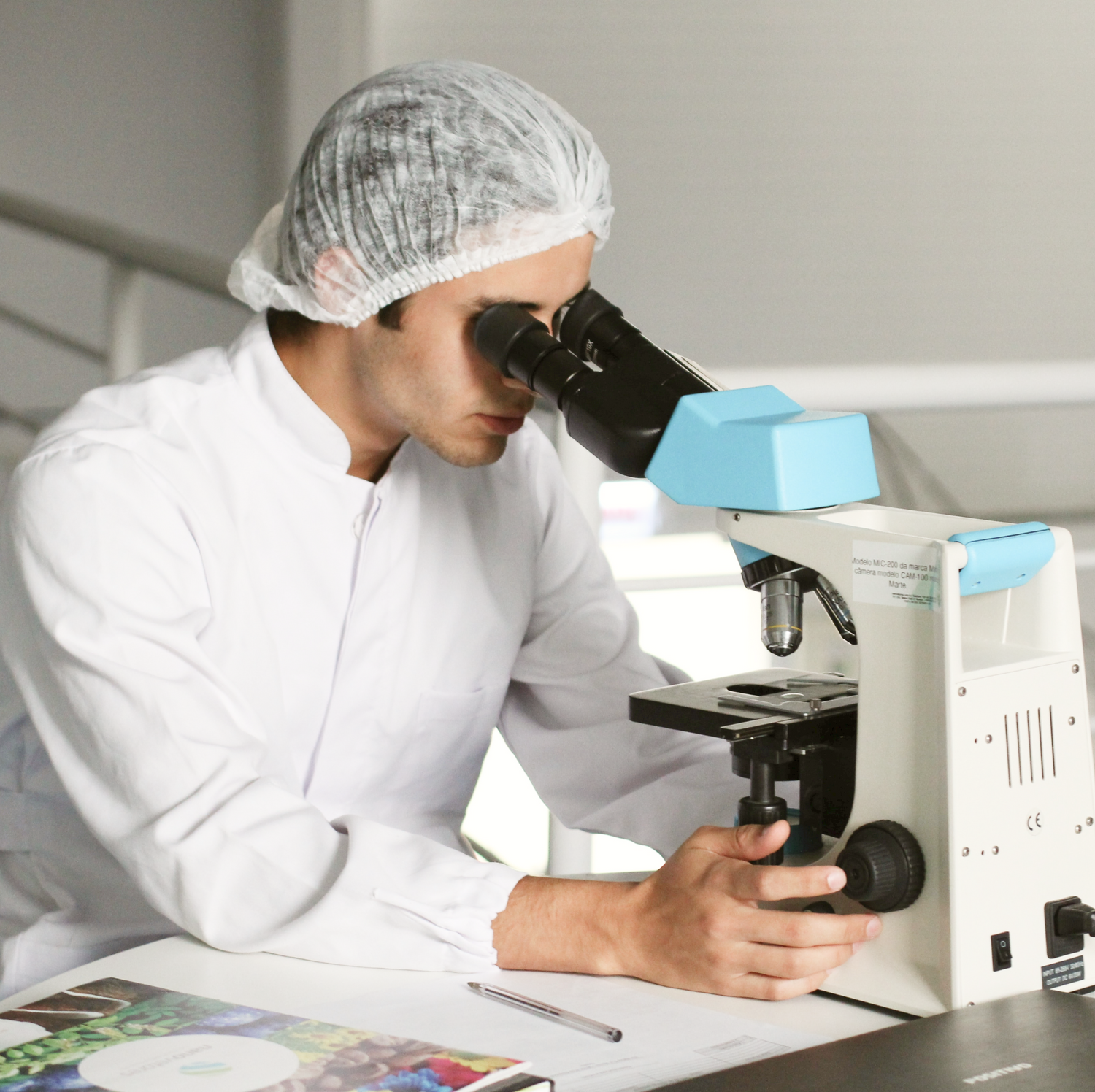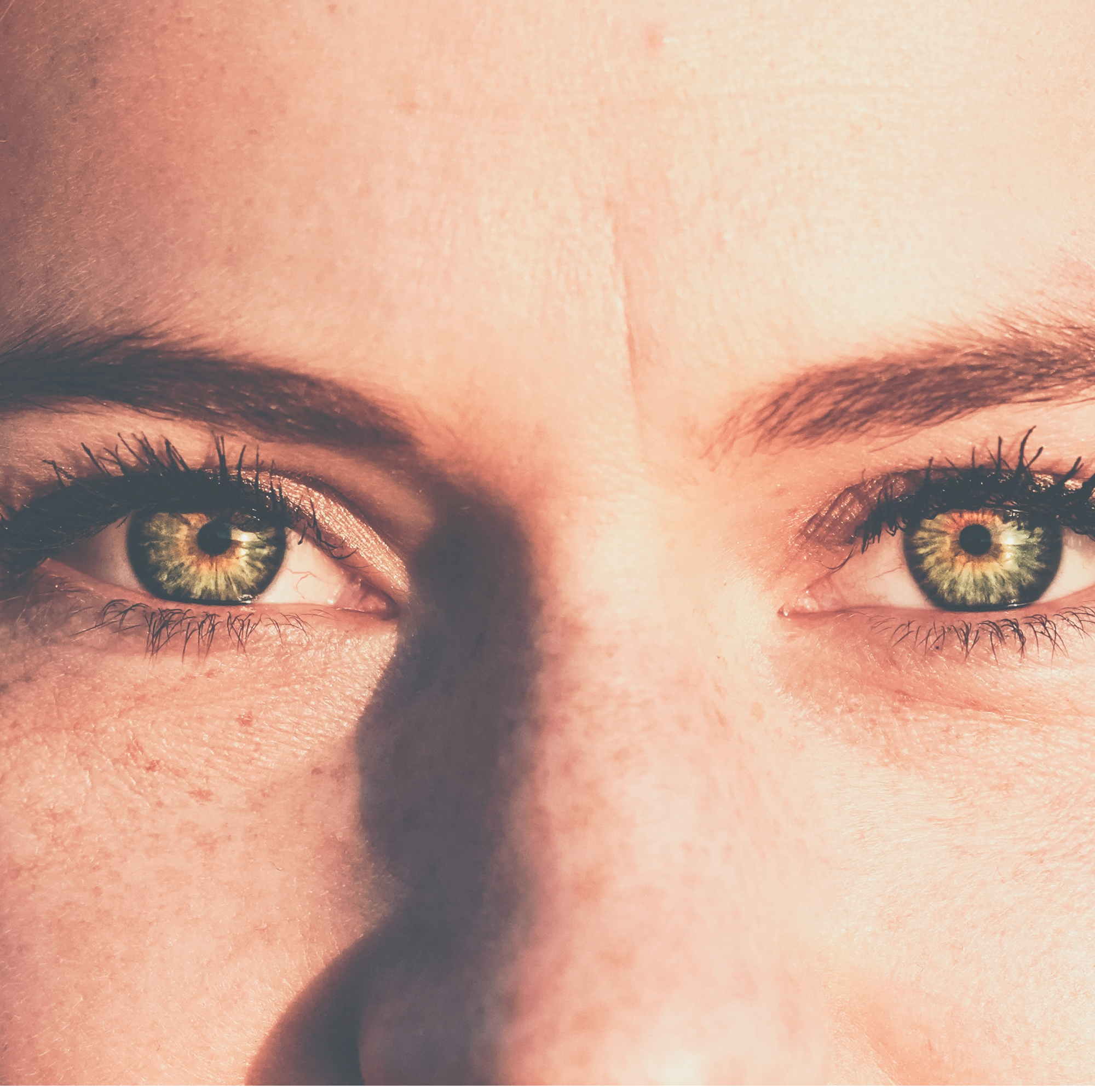There is usually no treatment for the “dry” form of macular degeneration, but low vision rehabilitation can help those with significant vision loss to maintain an excellent quality of life. Laser surgery can sometimes treat the “wet” form and low vision rehabilitation can help those with vision loss.
Current Research
There is a great deal of research and several major scientific studies being conducted to find the causes and develop effective treatments for all types of macular degeneration. Visit the National Eye Institute Web site for additional information.
New Developments
Photodynamic therapy (PDT) is one of the most promising new treatments for the “wet” type of macular degeneration. It involves the injection of a drug, Visudyne, into the bloodstream, followed by a brief laser treatment. The laser “activates” the drug, which helps destroy abnormal blood vessels in the eye that damage the macula. The procedure may be done in an ophthalmologist’s office, and several treatments may be necessary for it to be effective.
Unproven Treatments
Be wary of any treatment that promises to restore vision, or cure or prevent macular degeneration. There are so many so-called “miracle cures” advertised (often in magazines or on the Internet) that have not been adequately tested for safety or efficacy. These treatments may be expensive and are generally not covered by insurance. If you are considering trying a new or untested treatment, make sure you talk to your EyeMD to ensure they are safe and won’t interfere with the timely and effective treatment of any eye problems.
Support
Adjusting to vision loss can be difficult at first. Your eye care professional may be able to recommend some support groups for people with low vision. You can support friends and family by encouraging them in their rehabilitation efforts and providing help (such as rides to appointments) when needed.
Macular Degeneration does not respond to all vitamins. The Age Related Eye Disease Study (AREDS) run by the National Eye Institute found that the following ingredients were found to slow the progression of macular degeneration in those patients with intermediate or advanced disease. It is believed that the high levels of anti-oxidants and Zinc promote the continued health of the retina and tissues surrounding the retina.
| Vitamin | Amount Per Serving | % Daily Value |
| Vitamin C | 500 mg | 555% |
| Vitamin A (Beta-Carotene) | 15 mg | 150% |
| Vitamin E | 400 IU | 1000% |
| Zinc (Zinc Oxide) | 80 mg | 533% |
| Copper (Cupric Oxide) | 2 mg | 100% |
Newer research has found that when similar anti-oxidants are added with Lutein and Zeaxanthin, that patients with macular degeneration may actually experience visual improvement.














